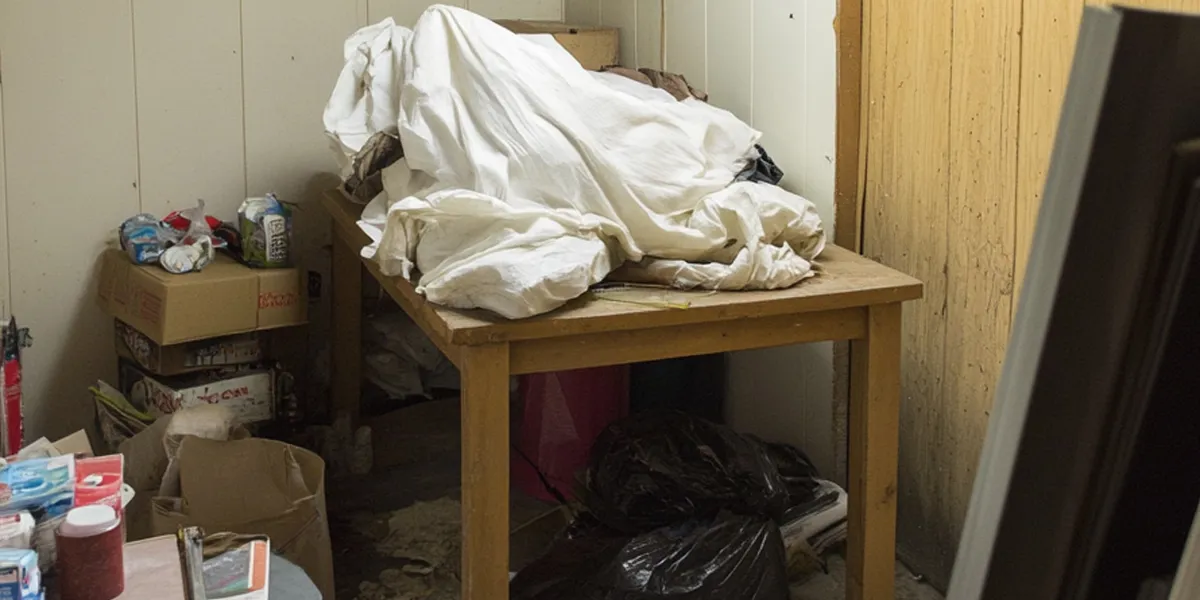My mother-in-law, Carol, was a complex and intimidating woman. She had a strict demeanor and a storeroom in her house that was off-limits to everyone, including her son, Eric. I had always been curious about what was inside the storeroom, but Carol’s icy stare and sharp tongue kept me from asking.
After Carol’s passing, Eric and I went through her belongings, and I discovered a note that gave me permission to enter the storeroom. As I opened the door, I felt a mix of emotions – curiosity, trepidation, and a sense of unease.

Inside the storeroom, I found a collection of items that revealed a different side of Carol. There were photos, letters, and mementos that showed her love and affection for her family. I also found a pair of baby booties that brought back memories of our lost child.
As I read the letter Carol had written, I realized that she had been hiding a deep sense of vulnerability and love behind her tough exterior. She had been struggling to cope with the loss of her husband and the challenges of raising Eric on her own.
The discovery of the storeroom’s contents was a turning point for me. It made me realize that there was more to Carol than met the eye, and that she had been hiding a rich inner life. It also made me appreciate the complexities of human relationships and the importance of empathy and understanding.
As I looked at Eric, I saw that he was equally affected by the discovery. We hugged each other tightly, both of us crying and grieving for the loss of Carol. But we were also celebrating the revelation of her true self, and the love that she had hidden behind her tough exterior.
In the end, the storeroom became a symbol of the complexities of human relationships and the importance of understanding and empathy. It showed me that even the most seemingly tough and intimidating people can have a rich inner life, and that love and affection can be hidden behind a mask of toughness.


